Twelve Reasons to Celebrate Pride at the Innocence Project
06.24.16 By Kavish Harjai, Yili Liu, Alicia Maule
In recognition of Pride month, we are highlighting stories of exonerees who were wrongfully convicted on the basis of their perceived sexual identity and celebrating Innocence Project staff who proudly identify as LGBTQ.
By showcasing these stories, we hope to inspire people to continue to fight against the injustices that plague a significant part of our society but also celebrate the LGBTQ exonerees, lawyers, community, and allies who stand up for the wrongfully convicted.
Take a look at how people responded to one of the following questions: What makes you proud to do Innocence work? How are you celebrating Pride? Why is it important to have LGBTQ people working at Innocence?
Photos by Yili Liu
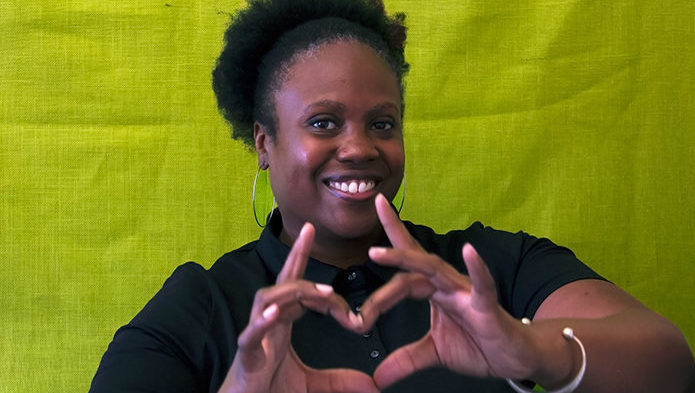
Staff Attorney Karen Thompson (Photo by Yili Liu)
Karen Thompson, staff attorney
“The four Latina lesbians who were recently released in San Antonio, Texas faced misogyny, lesbophobia, and racism as part of their case; recognizing those specifics in their legal ordeal was part of the battle to free them. We do not, and cannot, erase class-based oppression in this work; to the contrary, it informs everything that we do. Personally, that means all of me, as a black woman, as a lesbian, as a first-generation American, informs my advocacy.”
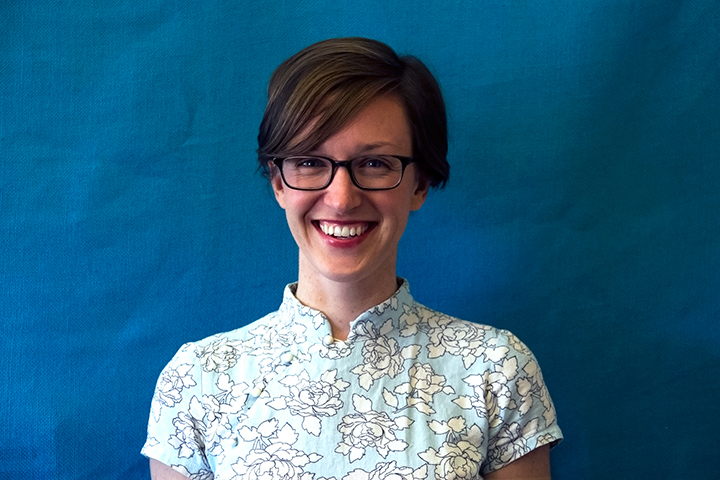
Vanessa Meterko, research analyst
“Working at the Innocence Project is a daily reminder that the world is filled with people who won’t stand for injustice – anywhere.”
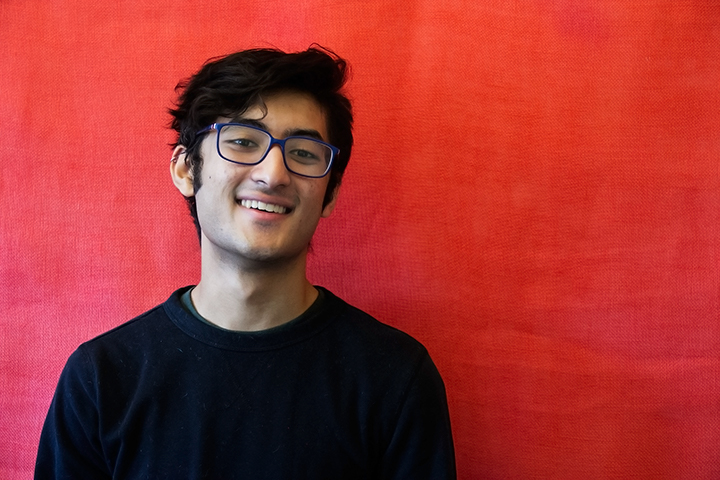
Kavish Harjai, digital communications intern
“My work at the Innocence project is guided by my queer identity. I want to ensure that the issues that LGBTQ people face as a result of criminal injustice, such as the criminalization of trans people of color, are heard and taken seriously. With my perspective as LGBTQ, I hope to not only effect change in our criminal justice system in general, but to also highlight the stories and struggles that queer populations specifically face.”
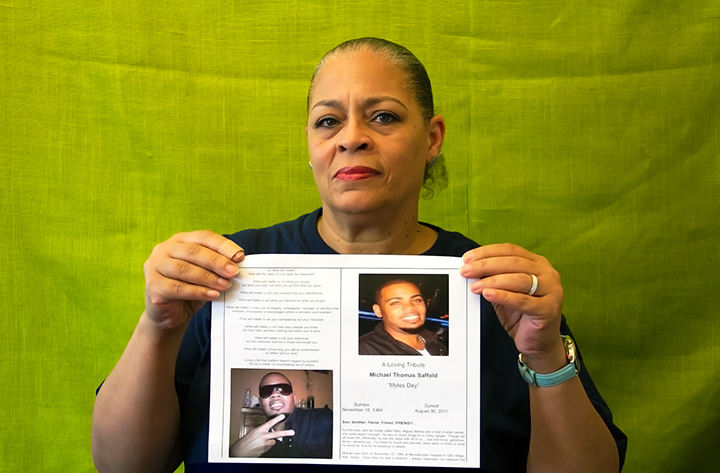
Robyn Jefferson, administrative assistant
“I am honored to be part of the Pride Month celebration of the Innocence Project in honor of my son, Michael. And for all who have had to, or continue to feel that they have to hide who they are in the workplace, places of worship, in their families; for all those who had to fear and fight the repercussions of society at large. We have to stand with and for one another, respecting the whole person and their gifts and protect each other from those who would cause them harm.”
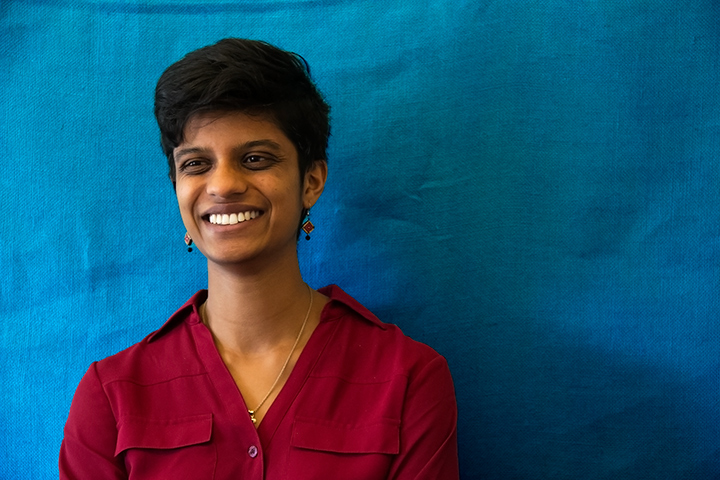
Mitha Nandagopalan, strategic litigation intern
“Our justice system is often more of an injustice system for people of color, poor people, and LGBTQ people. I think we have an obligation to change that, and I’m proud to be part of that fight. We need to have LGBTQ people at Innocence Project because criminal justice comes down disproportionately hard on queer and trans people, particularly queer and trans people of color, and having better representation on staff helps make us mindful of the biases affecting the clients we serve, the language we use when speaking with and about our clients, and the ways in which we can do better. So, I’m celebrating Pride by dancing, yes, but also by protesting, acting up, and making noise. Because we’re proud, but we’re not done fighting.”
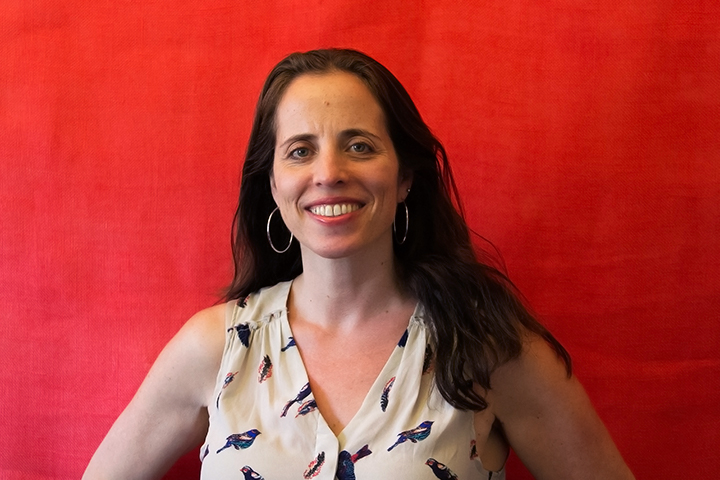
Nina Morrison, senior staff attorney
“While the struggle for LGBT rights has some important differences from innocence work, one thing common to both movements is an emphasis on our clients’ (and our own) humanity and right to fundamental fairness. Most Innocence Project clients — and many criminal defendants generally — were treated as less than human from the moment they were accused of a heinous crime; in different ways, LGBT citizens have been vilified and treated as “deviant” and “other” in the eyes of the state. A key part of our work is to remind the system that we are all human beings entitled to due process, respect, and dignity.
The Innocence Project has also tried to change policy through individual stories of injustice, much as the LGBT community has done so brilliantly in recent years. You’d have to be made of stone not to be moved by the sight of an Innocence Project client being reunited with his children after 15 years in prison — just as the story of how the lead plaintiff in the marriage equality case was excluded from his elderly husband’s death certificate moved and outraged so many people. While there are obvious differences in what we do, I think both movements have had some success in part because we vividly demonstrate the human toll that injustice takes.”
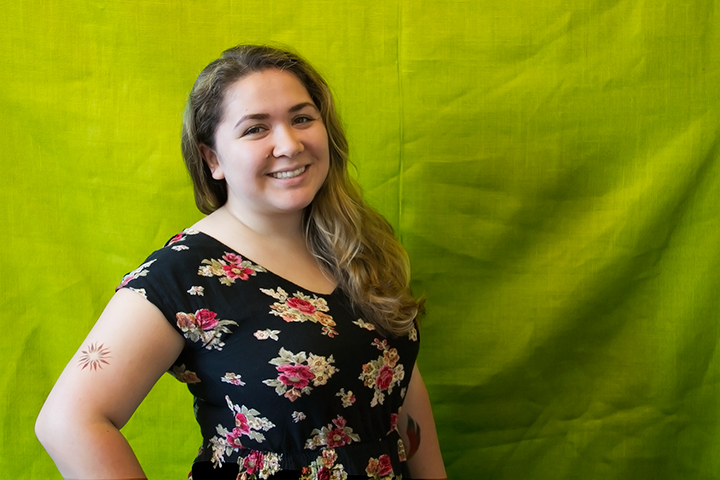
Lyndsey Peck, Cardozo Law School clinic student
“It’s important to have LGBTQ individuals working at the Innocence Project because wrongful incarceration disproportionately affects marginalized populations, and our presence here shows that we stand with our fellow marginalized communities to end this injustice.”
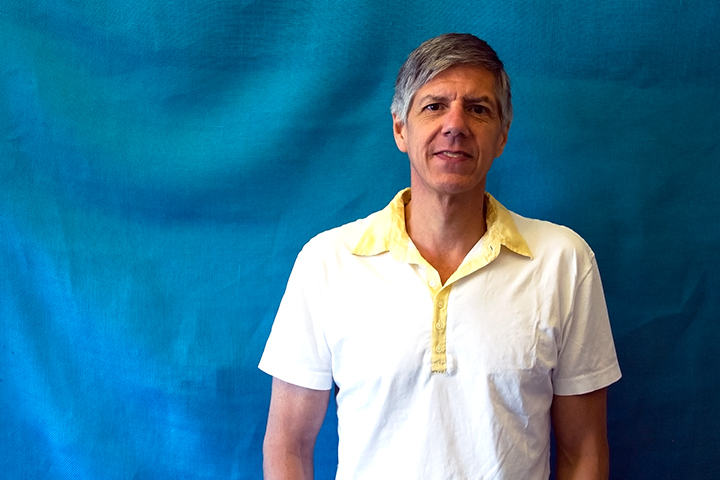
Paul Cates, director of communications
“The struggles faced by LGBT people and those who have been wrongly convicted are very different, but they both share the need to overcome prejudice. As we celebrate Pride this month, I am grateful that I have had the great fortune to do my small part to both advance LGBT equality and to work toward improving the criminal justice system.”
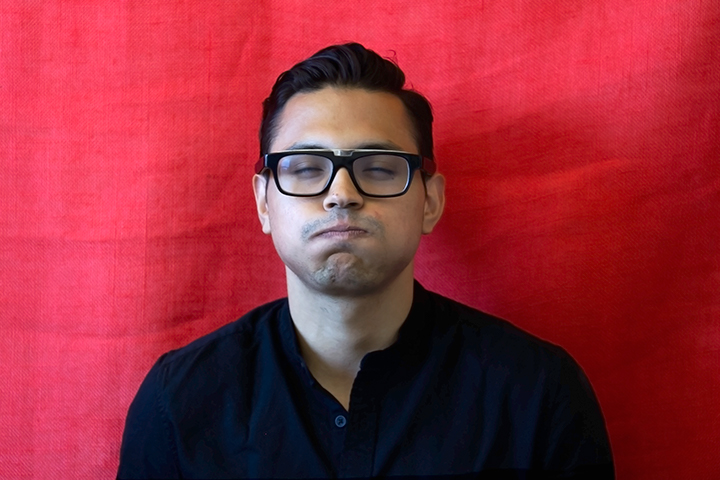
Jonathan Giron, operations coordinator
“I’m proud to do innocence work because it allows me to be part of something bigger than myself, to help find hope where you think there is none and to bring a voice to the wrongfully silenced. It’s a beautiful thing.”
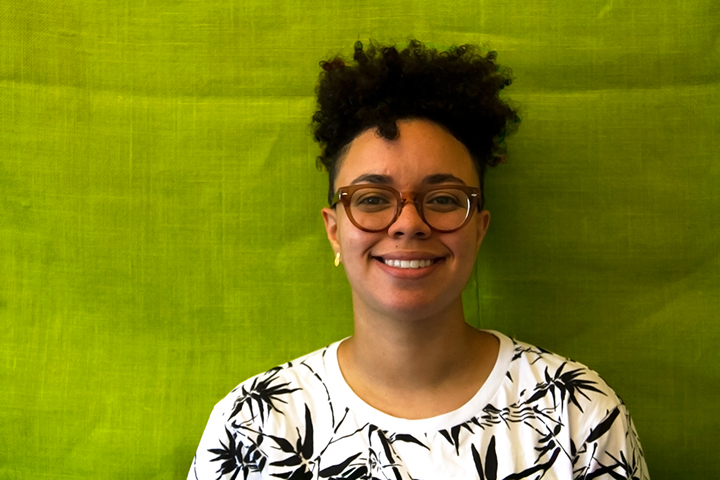
Alicia Maule, digital communications manager
“Coming out for me in college had everything to do with me being a resource for someone else who was struggling. How powerful is it for the innocence movement for me and my queer colleagues to be here simply representing and then thinking about the intersectionality of race, class, gender, in wrongful conviction issues? It makes us smarter, better, and more empathetic advocates fighting the injustice of mass incarceration.”

Marguerite Sacerdote, policy analyst
It’s critically important to have LGBTQ folks working in the innocence movement and at all other points in the criminal justice reform movement. The most marginalized members of our community are constantly at odds with a system that routinely targets, victimizes, and further marginalizes those who are already the most vulnerable. The criminal justice system is rarely at the forefront of conversations and action meant to move LGBTQ rights forward– it’s our responsibility to make sure huge swaths of our community are not overlooked. As a white queer person, it’s also important for me to be involved in working to make the criminal justice system a fairer one. I’m part of the portion of the queer community that isn’t typically in contact with the criminal justice system, and it’s important for that portion of us to not only understand the nuanced issues facing queer people at different intersections of race, class, education, etc., but to also be a necessary voice advocating for all of our community’s needs in the fight for social justice.
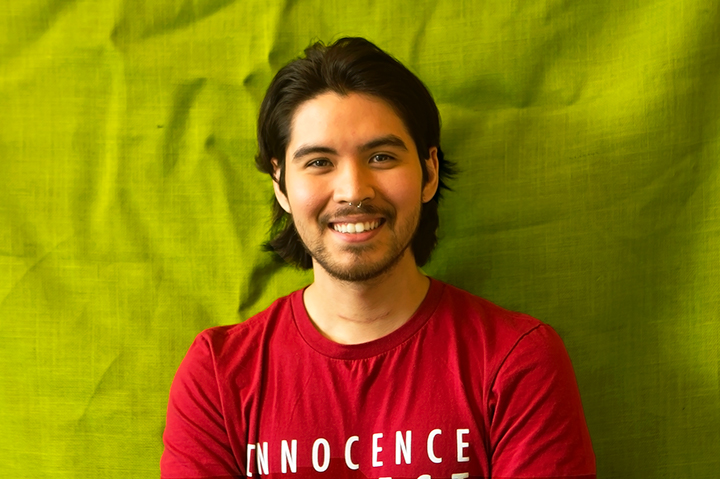
Hayato Watanabe, paralegal
As an LGBTQ+ person, working at the Innocence Project reminds me of the importance of community. People who are wrongfully convicted often loose the ability to become participants in the day-to-day activities that connect them to society. This Pride, I’m thankful for the vibrancy and cohesiveness of our community, but I’m also reminded of the fact that so many wrongfully convicted people have lost family, friends, and their sense of self because of their unjust incarceration. I’m reminded that just as many of us were cast off because of our sexual orientation, there were so many people inside and outside of our community that made our push for equality, inclusion, and justice possible. We as LGBTQ+ people have a solemn responsibility to advocate for others outside of our community and welcome them in. I am so proud of the strides that the Innocence Project makes to ensure that our exonerees are welcomed into our family because no matter what, we struggle together.
Related: How Four Texan Lesbians, Wrongfully Convicted of Rape, are Still Fighting for Justice
Leave a Reply
Thank you for visiting us. You can learn more about how we consider cases here. Please avoid sharing any personal information in the comments below and join us in making this a hate-speech free and safe space for everyone.
July 6, 2016 at 1:08 pm
June 25, 2016 at 6:28 pm
I’m looking for information for my son that accepted a plea so they wouldn’t give him 25 to life with all evidence that came back as negative and his rights as a father has been taken because of his charge of rape of a minor

Good luck. I too am looking for an attorney to help overturn a verdict given after the lawyer put duress on my nephew by telling him to sign the plea for 20 years or face life. His offense is not murder and the evidence against him was not discussed with him, plus, they did not allow any witnesses. He was instead offered false hope. The lawyer, was quick to collect payment, only met with him 3 times and on the 4th visit, give him one hour to decide on the plea. Apparently she has done this to various convicted people. Plus, it gets better, the prosecutor is the judges niece! It seems that the judge and lawyers are running a COOP, as other convicted had also met with that one lawyer and got offered the same plea bargain. They are judge and jury of the guilty offering 20 years plea or life. Which would you pick, especially when you are put under duress for a quick decision?
“Sign now or you most certainly get life if faced with a jury. Oh and by the way, you only have one hour to decide.”
If anyone knows of a lawyer who is willing to go against a county judge, a prosecutor and defense lawyer, please reply.